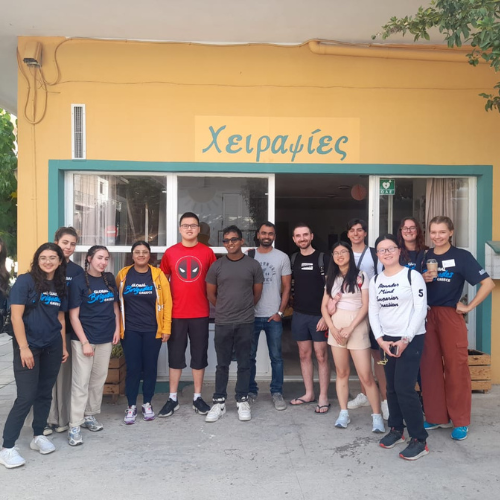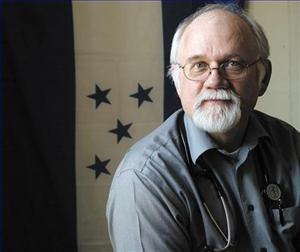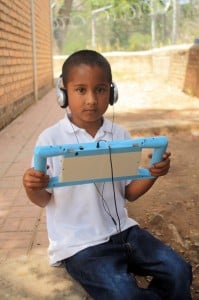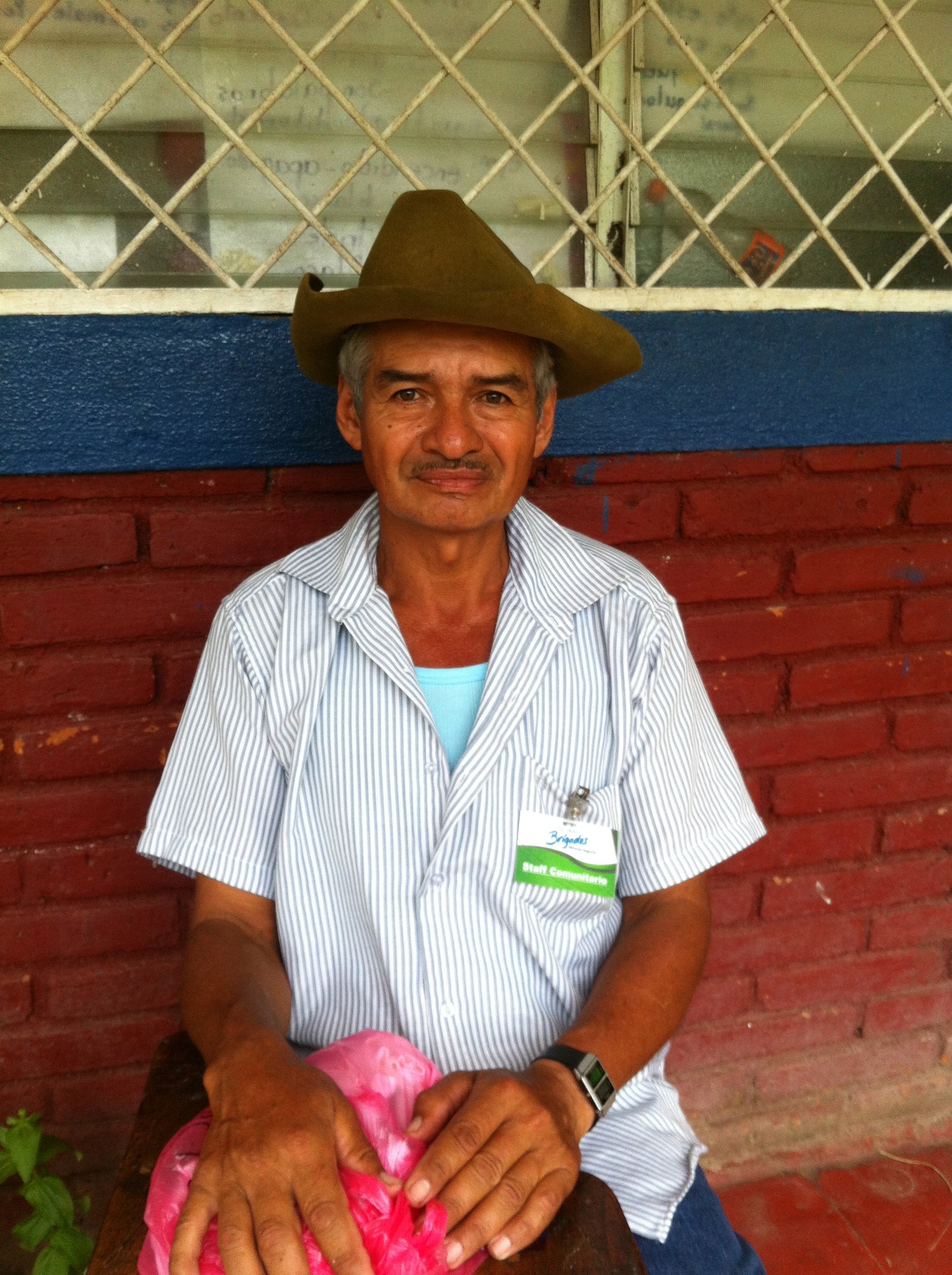Global Brigades’ mission in Greece is to extend medical, legal, and economic aid to vulnerable populations, predominantly composed of refugees and asylum-seekers. Given my background in medical and humanitarian studies, this mission sparked my curiosity and ignited a strong desire to delve deeper into GB's work in Greece. From my time here, I aim to gain a comprehensive understanding of the Greek refugee context and healthcare system. Through my blog series, I intend to offer a distinctive perspective on GB's operations in Greece, examining them from medical and humanitarian standpoints. Additionally, I aim to highlight the challenges and gaps within the Greek healthcare system that hinder its ability to cater to the diverse needs of vulnerable populations.
Vulnerable Populations and Healthcare Challenges
The diversity of the migrant population poses challenges that further accentuate disparities within the Greek healthcare and legal systems. The asylum-seeking population primarily speaks languages such as Arabic, Farsi, French, Bengali, Ukrainian, Urdu, and English. However, the overburdened Public Health system predominantly functions in Greek, making it challenging for these vulnerable groups to access healthcare services. Moreover, the absence of online appointment booking options (which are available exclusively to Greek residents) and the difficulty in scheduling appointments via telephone discourage migrant populations from seeking medical care. Meanwhile, undocumented migrants face insurmountable barriers to accessing Public Health Care.
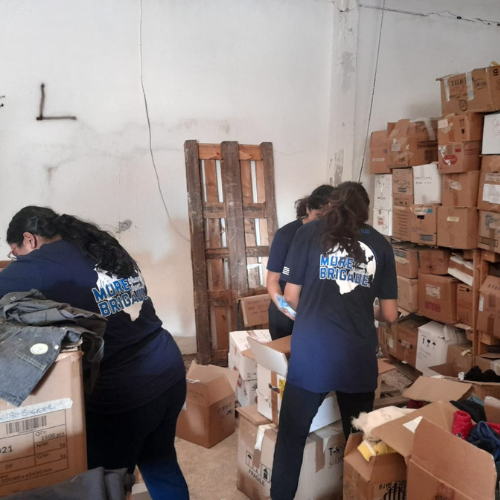 Volunteers in Greece help with a range of activities, from shadowing doctors and logistic support at the clinic, to different sessions at shelters.
Volunteers in Greece help with a range of activities, from shadowing doctors and logistic support at the clinic, to different sessions at shelters.
To bridge these gaps, Global Brigades provides patients and families seeking pediatric, ophthalmic, and gynecological consultations with access to employees and translators proficient in the aforementioned languages through telephone, social media, and email. It was clear from the beginning that establishing these effective communication channels while respecting cultural and religious beliefs instilled confidence in patients and their families, enabling them to freely discuss their medical issues and attend follow-up appointments. Furthermore, doctors impart basic medical knowledge to visiting brigade volunteers, teaching them how to record vitals and conduct routine physical examinations.
During a visit to Cheirapsíes, an Italian-Swiss NGO collaborating with Global Brigades, I gained deeper insights into the severity of the Greek refugee crisis and its adverse impact on healthcare, lifestyle, and the sense of belonging among irregular migrants. Cheirapsíes extends an invitation to Global Brigades to provide consultations, administer vaccinations, and offer medical care to the vulnerable communities residing in the Corinth refugee camp. Situated approximately 70 kilometers away from Athens, the residents of the camp are reluctant to journey to Athens for fear of facing repercussions from Greek authorities. Moreover, the absence of readily accessible public healthcare facilities in Corinth places them in a challenging situation. The NGO facility is located just a few hundred meters from the Corinth refugee camp, which houses nearly 600 refugees and asylum-seekers. In Greece, refugees are prohibited from official employment until they obtain resident status, forcing them to rely on a stipend of 70 Euros per month per person and income from unofficial work opportunities. These financial constraints, coupled with the departure of the International Organization for Migration (IOM) from the Corinth camp six months ago and the presence of families with multiple children and expectant mothers, result in food scarcity and subpar living conditions that pose potential health hazards. The center itself offers a safe haven for women, children, and anyone in need of assistance. MSF (Doctors Without Borders) and Global Medical Brigades serve as the primary accessible healthcare sources for camp residents, with patients requiring further assessments or follow-up care referred to the nearest public healthcare center.
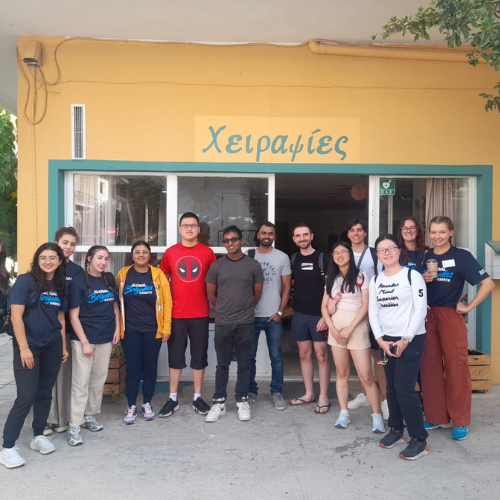
The Toronto/Waterloo Team at Cheirapsíes: Supporting doctors with documentation, translation, and coordination as they provided consultations to nearly 30 patients and administered vaccinations to 15 children.
What does a Global Medical Brigades' clinic look like in Greece?
The Global Medical Brigades Clinic observes a range of medical concerns among its patients, reflecting the diversity in their cultural, religious, literacy, and regional backgrounds. For example, it is observed that the weight status of infants and children from different regional backgrounds can vary, which may be influenced by dietary factors. Conversations with specialist doctors in gynecology, ophthalmology, and pediatrics have highlighted that some patients show a notable degree of health awareness while others do not. The importance attributed to particular aspects, such as general health, vaccinations, reproductive health, care for the elderly, dental hygiene, and eye health, can differ among various communities. Parents bringing their children to the clinic often neglect their own health and are unaware of their medical status. These observations highlight a significant gap in the healthcare education system that extends beyond the home countries of vulnerable populations and exists within the Greek refugee system as well. It is crucial to provide comprehensive education on child health, sexual health, geriatric care, as well as communicable and non-communicable diseases, along with preventive measures for both children and adult
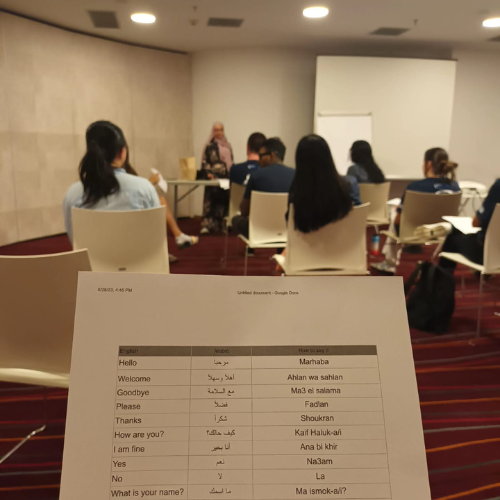
Each Day starts with a briefing and ends with a reflection session
The challenging voyages undertaken by migrants on their way to Greece, coupled with the tumultuous conditions during their stay, can result in physical and mental fatigue for some and trauma for others. It is crucial to attend to the mental health and psychological well-being of this vulnerable population. While the clinicians at Global Medical Brigades do not offer specialized psychiatric care, they do refer patients who may require evaluation or seek such care, to specialists. Additionally, a psychological counselor from MSF visits the Cheirapsíes center in Corinth twice a week. Nevertheless, there is a significant gap in addressing the mental health needs of asylum seekers.
This Medical Brigade offered me and fellow volunteers the chance to observe, engage, and gain insights not just from the physicians but also from all the essential components that enable Global Brigades to operate smoothly. More significantly, it provided an opportunity for us to connect with refugees. Visits to shelters for unaccompanied minors, comprising children without parents, abandoned youngsters, or those who have been separated from their caregivers, served as a stark reminder of the realities faced by these vulnerable individuals. It also instilled a sense of gratitude and acknowledgment for the privileges that most of us enjoy in our lives, while fostering empathy for those systematically denied these privileges.
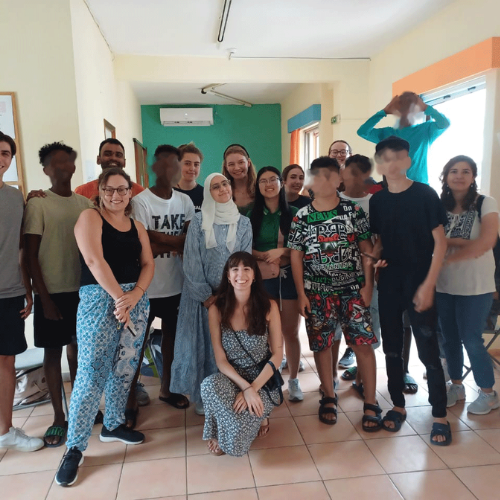 At the Unaccompanied Minor Shelter: The team engaged in an interactive session with the children, discussing the topic of bullying while also bonding through games and enjoying some snacks together.
At the Unaccompanied Minor Shelter: The team engaged in an interactive session with the children, discussing the topic of bullying while also bonding through games and enjoying some snacks together.
During my initial week with the Medical Brigade, I gained a captivating and somewhat surreal understanding of the situation on the ground, the challenges that exist, and GB's comprehensive approach to addressing them. While this blog has given an overview of the Greek healthcare system, my upcoming posts aim to shed light on various other initiatives and projects undertaken by Global Brigade in Greece. They will also serve as a resource for potential brigadiers, offering insights into what they can anticipate and look forward to if they choose to join the chapter in Greece.
Join the Largest Student-Led Movement in Global Health
If you're a pre-med student looking to make a difference in global health, Global Medical Brigades offers a different approach to international healthcare. Join us in Central America, West Africa, and Europe to create sustainable improvements in the health of these communities.
Can't travel? No problem! You can still participate in our efforts virtually through a Medical TeleBrigade. Help us make lasting changes in global health no matter where you are.
Learn more about Global Medical Brigades and how to get involved or start a Chapter at your school. We're proud to be the largest student-led movement in global health!

